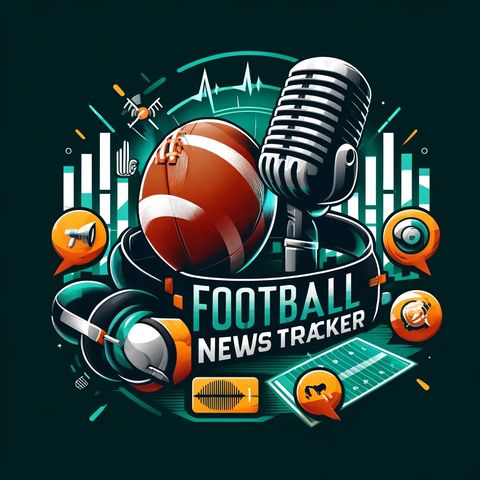Navigating Licensing Complexities: Comparing NFL and College Football Media Rights

Sign up for free
Listen to this episode and many more. Enjoy the best podcasts on Spreaker!
Download and listen anywhere
Download your favorite episodes and enjoy them, wherever you are! Sign up or log in now to access offline listening.
Description
The National Football League (NFL) operates under a distinct framework when it comes to the use of names, likenesses, and other intellectual property, particularly in comparison to collegiate football. This...
show moreIn the NFL, collective bargaining agreements and individual contracts generally manage the use of a player's likeness. This results from negotiations between the NFL Players Association (NFLPA) and various media entities, including video game developers. This structured, unified approach facilitates the representation of NFL players in multimedia ventures, such as EA Sports' Madden NFL series. Players are compensated for the use of their likenesses through mechanisms agreed upon within these collective settings.
Contrastingly, the landscape in college football was notably different due to the absence of a unified players' union and varying rules by the governing body, the NCAA. Historically, the NCAA prohibited direct compensation to athletes for use of their likenesses. This meant that game developers could not legally compensate college athletes directly, nor use their specific names and likenesses in video games, leading to generic player profiles. This changed somewhat following legal challenges, notably the O'Bannon v. NCAA case, which argued that prohibiting payment for the use of athletes' likenesses violated antitrust laws. The decision from this case encouraged a shift towards allowing more rights for college athletes.
However, dealing directly with coaches such as Kirby Smart for inclusion in video games introduces another layer of complexity. Coaches' contracts are managed independently by their respective universities and usually contain specific clauses about the use of their likeness. Therefore, any agreement to include a college coach in a video game would need to be negotiated on an individual basis with the coach and their university. This is unlike the NFL, where such rights are typically managed collectively.
This absence of a centralized negotiation process in college football for coaches means that each agreement needs to be individually crafted and agreed upon, mirroring the decentralized nature of college sports management. There is no blanket agreement or central body through which game designers can negotiate the inclusion of college football coaches, contributing to the rarity or absence of such figures in popular sports video games.
The differing approaches between the NFL and college football in handling media and likeness rights underline the complexities and varied nature of sports management and legal considerations in the United States. They reflect broader themes in sports governance, notably the balance of power between players (and coaches), institutions, and commercial interests.
Information
| Author | QP-4 |
| Organization | William Corbin |
| Website | - |
| Tags |
Copyright 2024 - Spreaker Inc. an iHeartMedia Company
